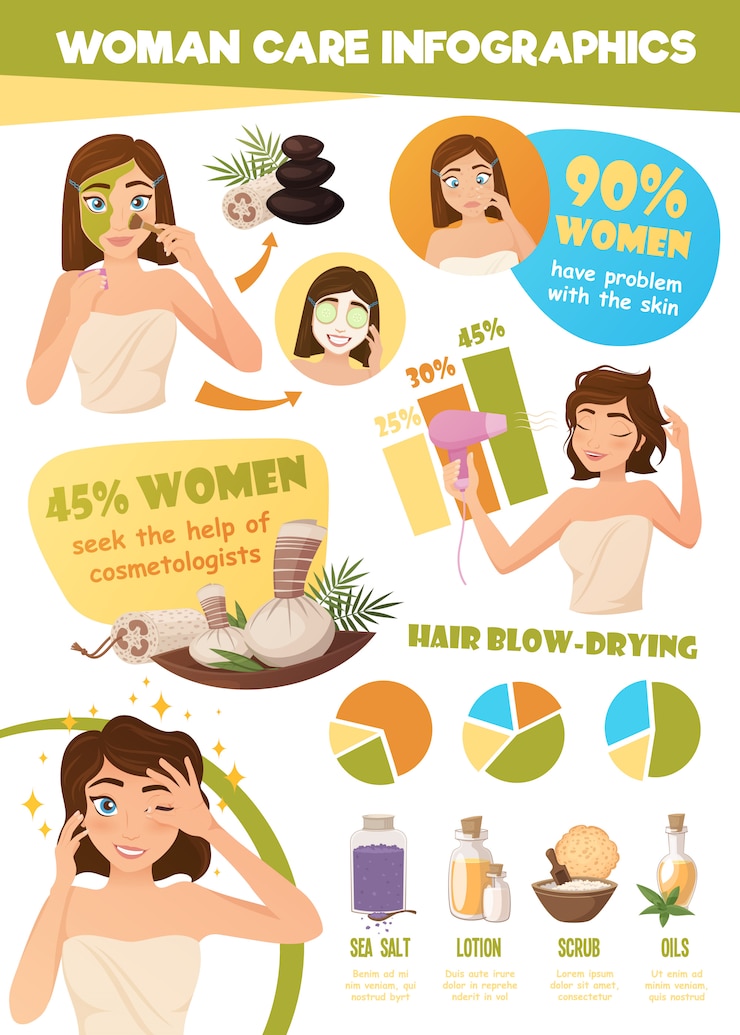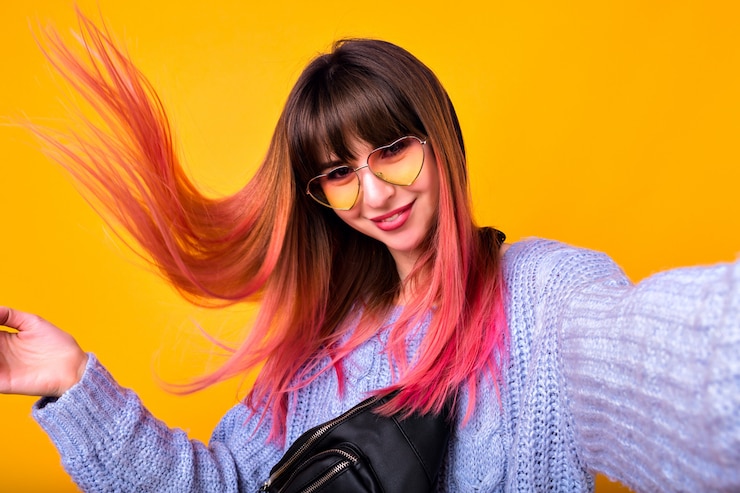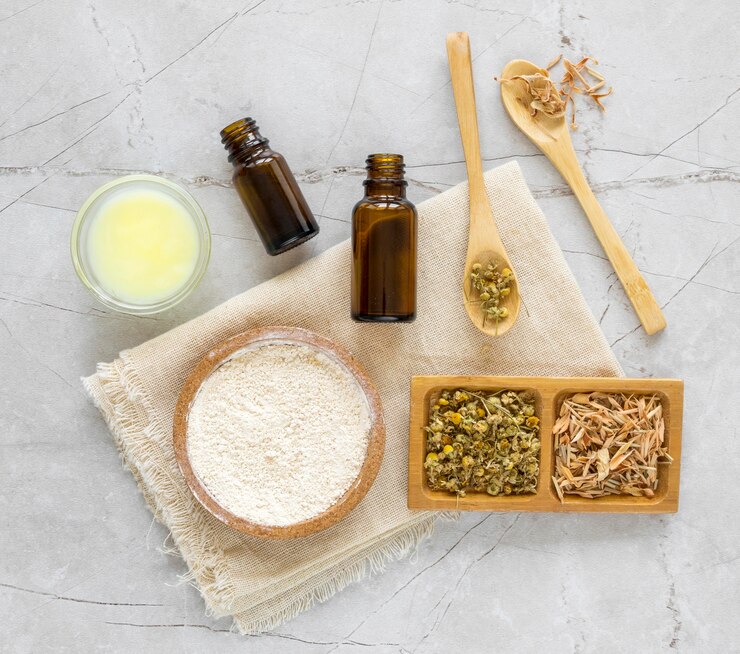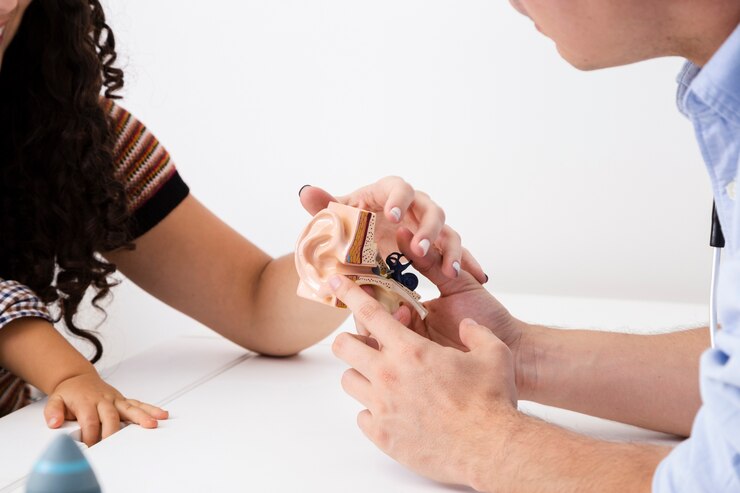
I was watching a show where an expert was discussing hair health products with the host. While I’m sure the expert meant well, every product they mentioned was packed with chemicals! This inspired today’s post since hair care is a popular topic among both women and men.
If you’re aiming for beautiful, shiny, healthy hair, follow my tips—they truly work and are chemical-free. Your hair is a great indicator of your overall health, especially if you’ve been noticing unusual hair loss, dryness, breakage, or dullness.
I wish I had a “before” photo because my hair has transformed significantly over the last 14 years! Good nutrition is the key to strong, beautiful hair, not chemical-filled lotions and potions.
Disclaimer: Be patient; change won’t happen overnight. It’ll take a few months to see noticeable improvements as your hair grows, and about six months to a year for significant changes. Stick with it! Let’s dive into the tips:
1. Reduce stress
Stress is a common cause of unexpected hair loss. Hormones related to stress can push your hair follicles into a resting phase prematurely, stopping growth and making hair shed more easily—this can occur up to three months after a traumatic event. You can’t always control life, but you can manage stress through positive thinking, optimism, yoga, gratitude, and remembering that stress is your reaction to a situation. If you’ve gone through a tough time like a death, surgery, accident, or illness and lost some hair, it’ll grow back with time.
2. Protein deficiency
Protein is a fundamental building block for your hair’s structure, which relies on keratin. Without enough protein, your hair will weaken and grow slowly. Hair loss can result from protein deficiency, as seen in anorexia nervosa and extreme weight loss. To support healthy hair, include protein-rich foods in every meal: eggs, fish, Greek yogurt, chicken, chia seeds, hemp seeds, quinoa, beans, lentils, bee pollen, leafy greens, blue-green algae, nuts, and seeds. Just remember, while protein is important, it’s not the only factor in hair growth.
3. Healthy fats
Lack of quality fats in your diet leads to dull, dry hair. Eating wrong fats and insufficient right fats can cause hormonal imbalances, leading to dry hair and hair loss. Healthy fats nourish your hair from the inside out. Enjoy foods like coconut oil, extra-virgin olive oil, avocados, fish, chia seeds, flaxseeds, hemp oil, Greek yogurt with fat, nuts, and seeds. Steer clear of bad fats from fried foods, processed baked goods, and avoid cooking with oils like olive, sunflower, safflower, and corn at high temperatures.
4. B Vitamins
Folate, B6, and B12 play a role in creating red blood cells that transport nutrients to your hair. A deficiency affects your hair’s health, making it prone to shedding, slow growth, and weakness. Good sources are leafy greens, chickpeas, wild salmon, sweet potatoes, lentils, eggs, apricots, Greek yogurt, lean beef, berries, parsnips, broccoli, sunflower seeds, whole grains, wheat germ, and nutritional yeast. Biotin deficiency is rare, but it can lead to hair loss; instead of supplements, eat foods like eggs, almonds, wheat bran, walnuts, Swiss chard, whole grains, salmon, avocado, and berries.
5. Vitamin C
This vitamin is crucial for hair health as it helps your body absorb non-heme iron from veggies, ensuring enough iron for red blood cells to feed oxygen to hair follicles. It’s also involved in collagen formation, essential for hair follicle and skin growth. Lack of vitamin C can lead to dry, breakable hair, so eat plenty of kale, bell peppers, broccoli, Brussels sprouts, grapefruit, berries, lemons, and other fruits and veggies daily to get enough.
6. Iron
Iron deficiency is common and affects energy, immunity, and can cause hair loss—I experienced this myself. While animal-based heme iron is absorbed better, vegetarians can enhance absorption by pairing iron-rich foods with vitamin C. Sources include animal products, beans, lentils, and dark leafy greens.
These tips are a fantastic start to healthier hair! For more information, look into beta-carotene and zinc’s role in hair health. Remember that your overall health influences your hair, so focus on internal beauty rather than costly products. Be mindful of hair dyes, chemical treatments, harsh styling products, and heat damage. As a nutritionist, I’ve stopped dyeing my hair for over a decade and use minimal products—shampoo and conditioner only. People often ask how my hair looks so great—it’s all about nutrition.
I hope these tips help you. Have a wonderful day!
Joy
—
Responses from readers suggest various natural and effective hair products, share personal experiences, and provide additional tips for nutrition and hair maintenance. There is plenty of praise for Joy’s posts along with helpful product recommendations and advice on dealing with greying hair and hair loss.


